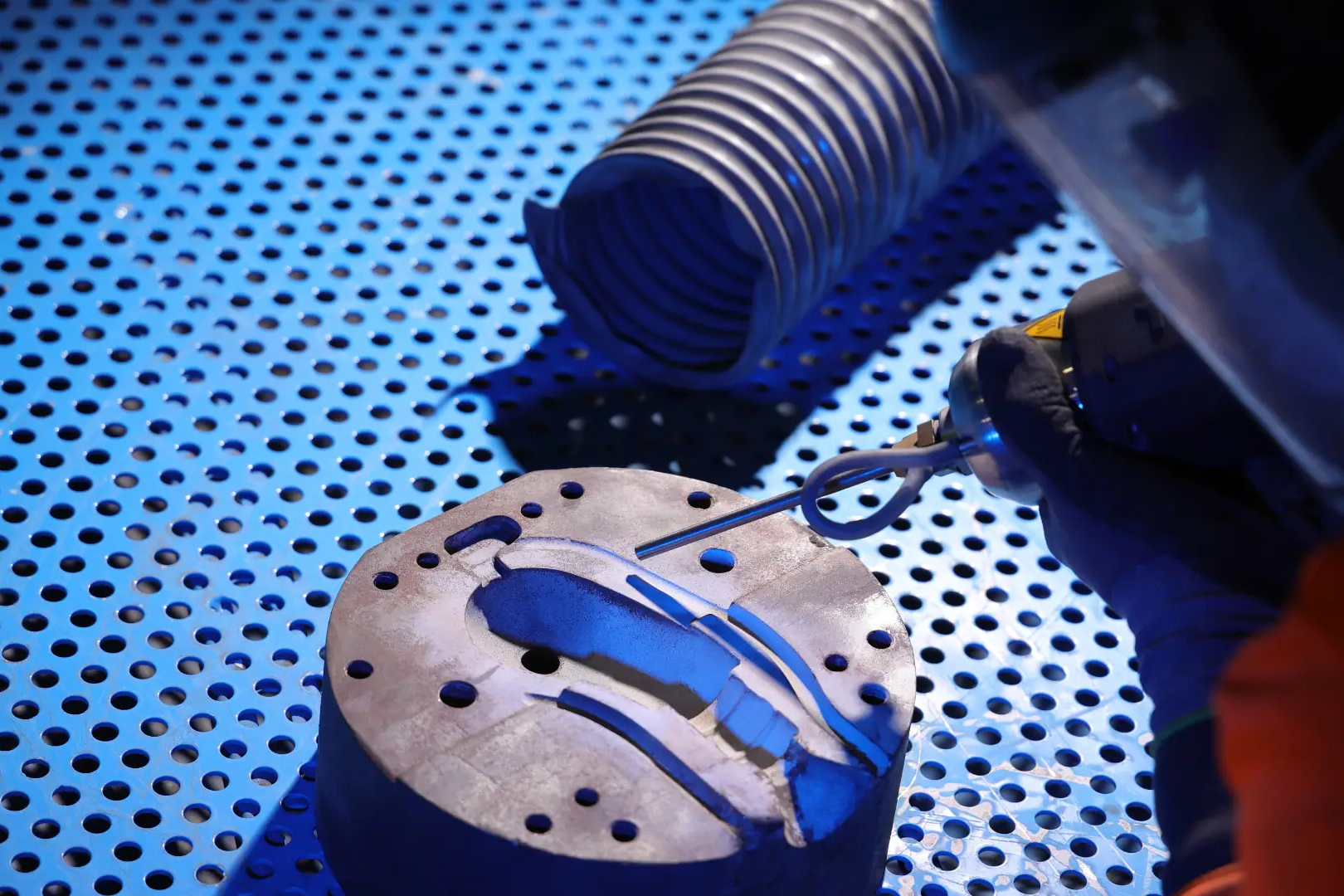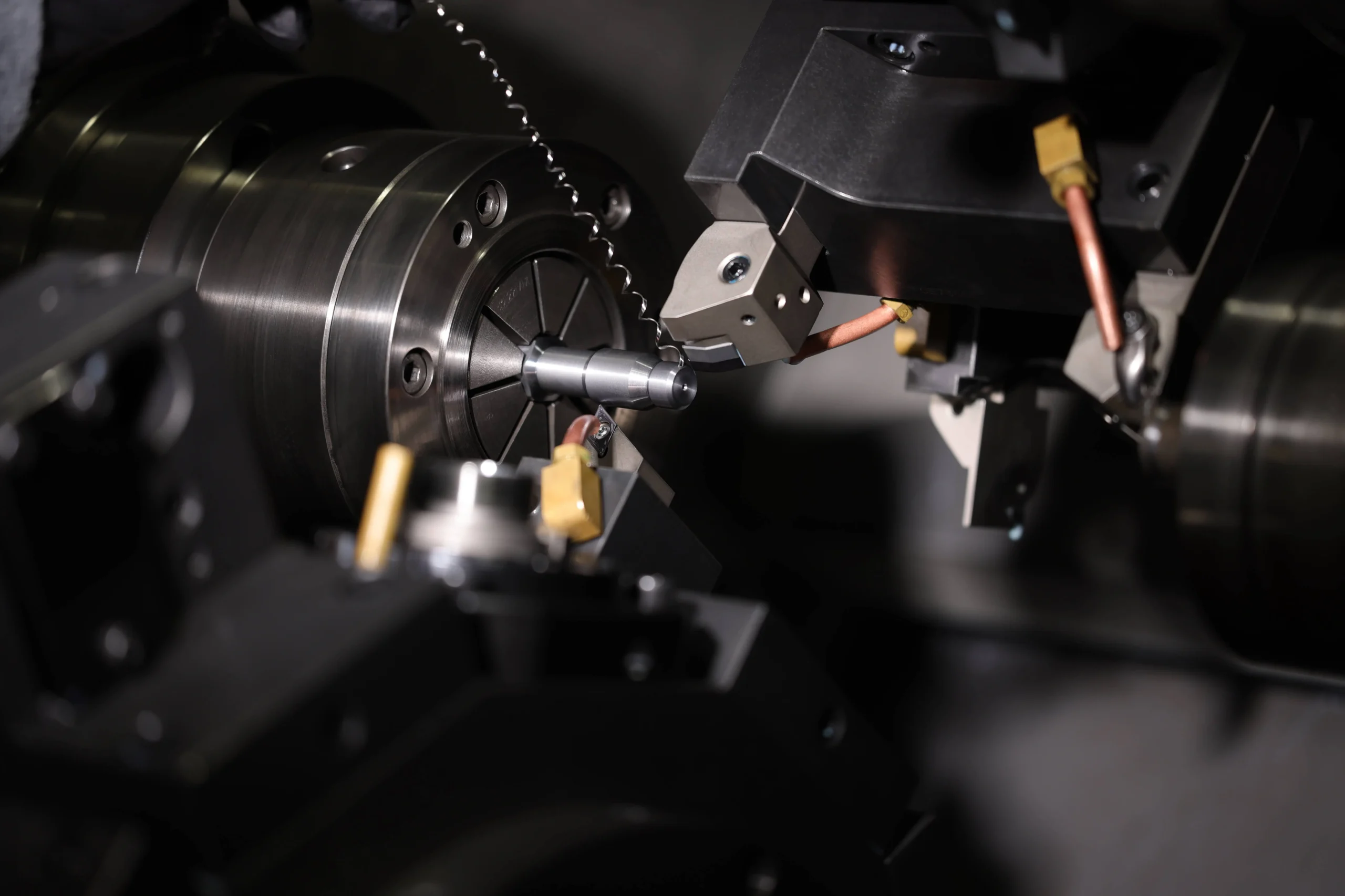Selecting the right CNC machining materials material is crucial to the success of any project. Different materials offer various properties and performance characteristics, making it essential to choose the one that best suits your specific needs. This comprehensive guide will help you navigate through the key considerations and material options available for CNC machining.
Essential Questions for Selecting the Right CNC machining materials
Understanding the application of the part is the first step in material selection. Consider factors such as mechanical loads, environmental conditions, and the type of stresses the part will face. For example, components used in high-stress environments, such as aerospace or automotive parts, require materials with high strength and durability. The end-use of the part will determine the specific material properties needed, such as hardness, ductility, and impact resistance. – Xometry
Will the Part Be Used Outdoors or Indoors?
The environment in which the part will be used significantly impacts material choice. Outdoor applications require CNC machining materials that can withstand weather conditions, UV exposure, and potential corrosion. Stainless steel and certain plastics are ideal for outdoor use due to their corrosion resistance. For indoor applications, factors like aesthetic appeal and resistance to indoor pollutants might be more relevant. CNC machining materials like aluminium and certain ceramics can offer the needed performance while maintaining a good appearance.
What Is the CNC Machining Materials Stress Load?
Evaluate the mechanical stresses the material will endure, including tensile, compressive, and shear forces. CNC machining materials like steel and titanium are known for their high strength and can handle significant stress loads, making them suitable for heavy-duty applications. Understanding the type and magnitude of stresses will help in selecting a material that won’t fail under load, ensuring longevity and reliability of the part.
What Is the Material’s Dimensional Tolerance?
Dimensional tolerance is critical in ensuring the part fits and functions correctly. CNC machining materials with good machinability and stability, such as aluminium and certain plastics, allow for precise tolerances and high accuracy in CNC machining. Tight tolerances are essential in applications where parts must fit together precisely, such as in aerospace or medical devices. The chosen material must be able to maintain these tolerances throughout the manufacturing process and in service.
What Is the Required Fastening?
Consider the type of fastening or assembly methods needed for your project. Materials that can be easily welded, soldered, or fastened with screws and bolts, such as steel and aluminium, are advantageous for parts that require robust assembly methods. The ease of fastening and the strength of the joints created will impact the overall performance of the assembled product. Materials that bond well with adhesives or can be securely riveted are also important in certain applications.
What Are the Operating Temperatures?
High-temperature environments demand CNC machining materials that can maintain their properties under extreme heat. Metals like titanium and high-temperature alloys, as well as certain ceramics, are suitable for such conditions due to their thermal stability. The chosen material must not degrade or lose its mechanical properties when exposed to the operating temperatures, ensuring the part remains functional and reliable over time.
What Are the Weight and Stress Capacity?
The weight of the CNC machining materials plays a vital role in applications where weight reduction is essential, such as in aerospace and automotive industries. Lightweight materials like aluminium, magnesium, and certain plastics are preferred in these scenarios. Balancing weight with strength and durability is crucial to ensure that the part can withstand the operational stresses without adding unnecessary weight.
What Are the Overall Project Costs?
Budget constraints can significantly influence material selection. While some CNC machining materials offer superior properties, they might also come with higher costs. Balancing performance with cost-effectiveness is key to choosing the right material. Materials like carbon steel and certain plastics offer a good balance of cost and performance. Consider both the upfront material costs and the long-term savings from reduced maintenance and longer part life.
Materials List
Stainless Steels
- 316, 304, 303, 630, 416, 431, Stavax: Known for their corrosion resistance, strength, and aesthetic appeal, these are ideal for medical devices, marine applications, and food processing equipment. Stainless steels are also used in architectural applications where both strength and appearance are important.
Plastics
- Acetal, Nylon, Peek, PTFE, UHMWPE, PP, Ertalyt: Lightweight, corrosion-resistant, and easy to machine, these plastics are suitable for a wide range of applications, from automotive components to consumer goods. Plastics can also provide electrical insulation, making them useful in electronic applications.
Copper
- C110, C147: Excellent electrical and thermal conductivity make copper ideal for electrical components, heat exchangers, and plumbing systems. Copper is also used in decorative applications due to its aesthetic appeal and ability to form a patina.
Steel
- Widely used for its strength and durability, steel is suitable for structural components, machinery parts, and tools. Different grades of steel offer varying levels of strength, toughness, and machinability, making steel a versatile choice for many applications.
Titanium
- With high strength-to-weight ratio and excellent corrosion resistance, titanium is used in aerospace, medical implants, and high-performance applications. Titanium’s biocompatibility also makes it suitable for medical implants and surgical instruments.
Tool Steels
- P20, Orvar, M238, K110, K245, EN25: Known for their hardness and resistance to wear, tool steels are used in moulds, dies, and cutting tools. Tool steels can be heat-treated to achieve specific hardness levels, making them ideal for applications that require cutting or forming materials.
Brass
- 385, 352, 353: Brass offers good machinability and corrosion resistance, making it suitable for plumbing fittings, decorative applications, and musical instruments. Brass is also used in electrical components due to its good conductivity and non-sparking properties.
Silver Steel
- Known for its high carbon content and ability to be hardened, it is used for cutting tools and precision measurement instruments. Silver steel is often used in the manufacture of punches, drills, and other high-precision tools.
Carbon Steels
- 1020, 1010, 1141, 1146, 4140, 4340, 1045, M300 EN36A, E110, S1214: Offering a range of mechanical properties, carbon steels are used in construction, automotive, and machinery. Carbon steels can be heat-treated to achieve a balance of hardness, strength, and ductility.
Aluminium Bronze
- Known for its strength and corrosion resistance, it is used in marine hardware, bearings, and industrial equipment. Aluminium bronze is also used in applications that require resistance to wear and galling.
Magnesium
- The lightest structural metal, magnesium is used in aerospace, automotive, and electronics for weight reduction. Magnesium alloys offer good strength-to-weight ratios and are used in applications where reducing weight is crucial.
Macor Ceramics
- Machinable ceramics that withstand high temperatures, suitable for insulators, medical devices, and aerospace components. Macor ceramics can be machined with standard tools, making them ideal for prototypes and custom components.
Aluminiums
- 7075, 6061, 6262, 6060, 5083, 2011: These alloys offer various strengths, corrosion resistance, and machinability, making them versatile for numerous applications. Aluminum alloys are used in structural components, heat exchangers, and transportation industries.
Bronze
- Known for its wear resistance and durability, bronze is used in bearings, bushings, and marine applications. Bronze alloys offer good machinability and resistance to corrosion, making them suitable for a variety of applications.
Cast Iron
- An abrasive material used for cutting tools and wear-resistant applications. Green carbide is often used in the manufacture of grinding wheels, cutting tools, and other high-wear components.
Green Carbide
- Excellent compressive strength and vibration damping, used in machinery bases, engine blocks, and piping. Cast iron is also used in construction and manufacturing applications where rigidity and durability are required.
If you have ever wondered What Can CNC Machines Manufacture? check out our related product list or CNC Machining Gallery.
Conclusion
Selecting the right material for CNC machining is critical for ensuring the success of your project. By considering factors such as application, environmental conditions, mechanical stresses, and budget, you can choose a material that meets your specific needs. The wide range of CNC machining materials available for CNC machining provides flexibility and options for virtually any application.
Ready to start your CNC machining project? At Bredo, we specialise in providing high-quality CNC machined parts tailored to your specific needs through CNC engineering. Contact us today to discuss your project requirements and discover how we can help you achieve precision and efficiency with the right material selection.
Related Posts
June 3, 2024
What is Cold Spray? | Comprehensive Overview
What is cold spray? Cold spray is an advanced coating and additive…
June 1, 2024
CNC Machining Tolerances | Comprehensive Guide
CNC machining tolerances are essential for achieving the desired precision and…
May 30, 2024
Australian Drafting Standards | Comprehensive Guide
In the world of manufacturing and engineering, drafting standards and…




